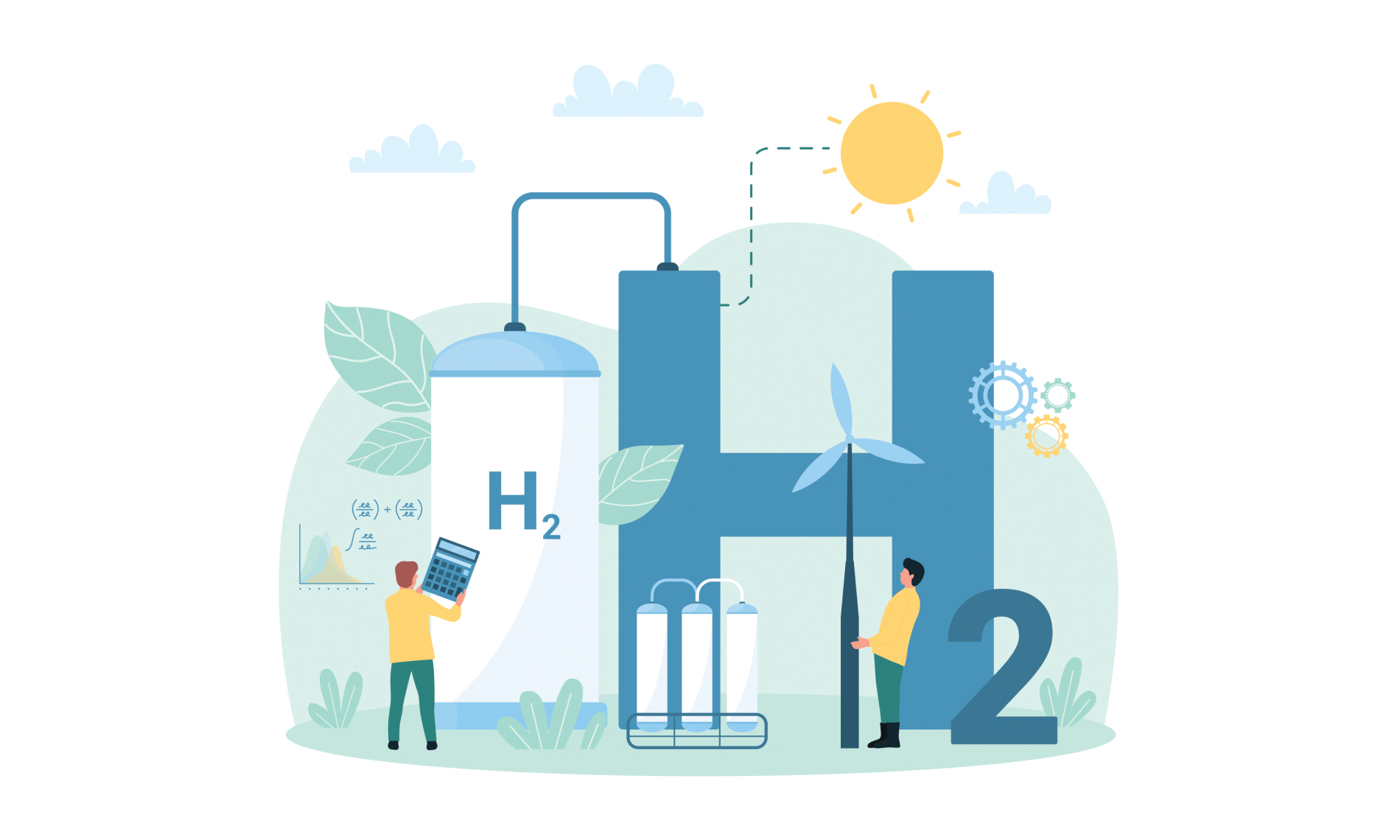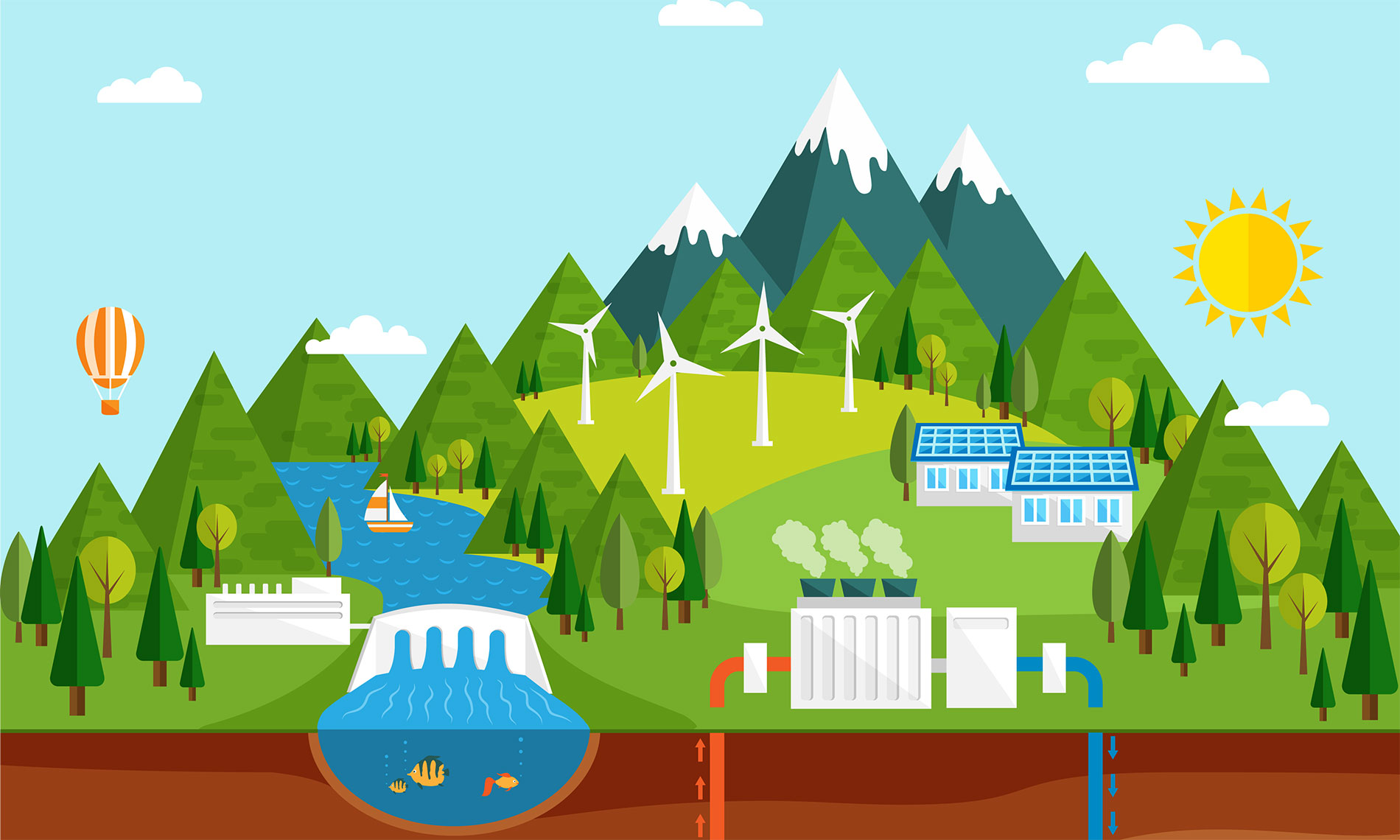
In 2023 Bulgaria adopted key legislation amendments that are expected to lead to a boom in green energy investments in the following years. The measures are taken in response to the decline of renewable energy sources’ share in the country’s end consumption for the last two years. The 2022 share of renewable energy sources in the end consumption of electricity in Bulgaria was 19.1% remaining far from the 2030 goal of 27%.
The simplification of the administrative procedures in the last quarter of 2023 combined with the low taxes and the long annual hours of sunshine in Bulgaria led immediately to intensification of the green energy investment initiatives. Until recently, the foreign investors in this sector originated from Germany, Czech Republic, Italy and Austria, leaving the Bulgarian companies dominating 70% of the market. These figures are about to change since Israeli, Chinese, Danish, US and Indian companies already expressed serious interest in the development of large-scale energy projects in Bulgaria.









